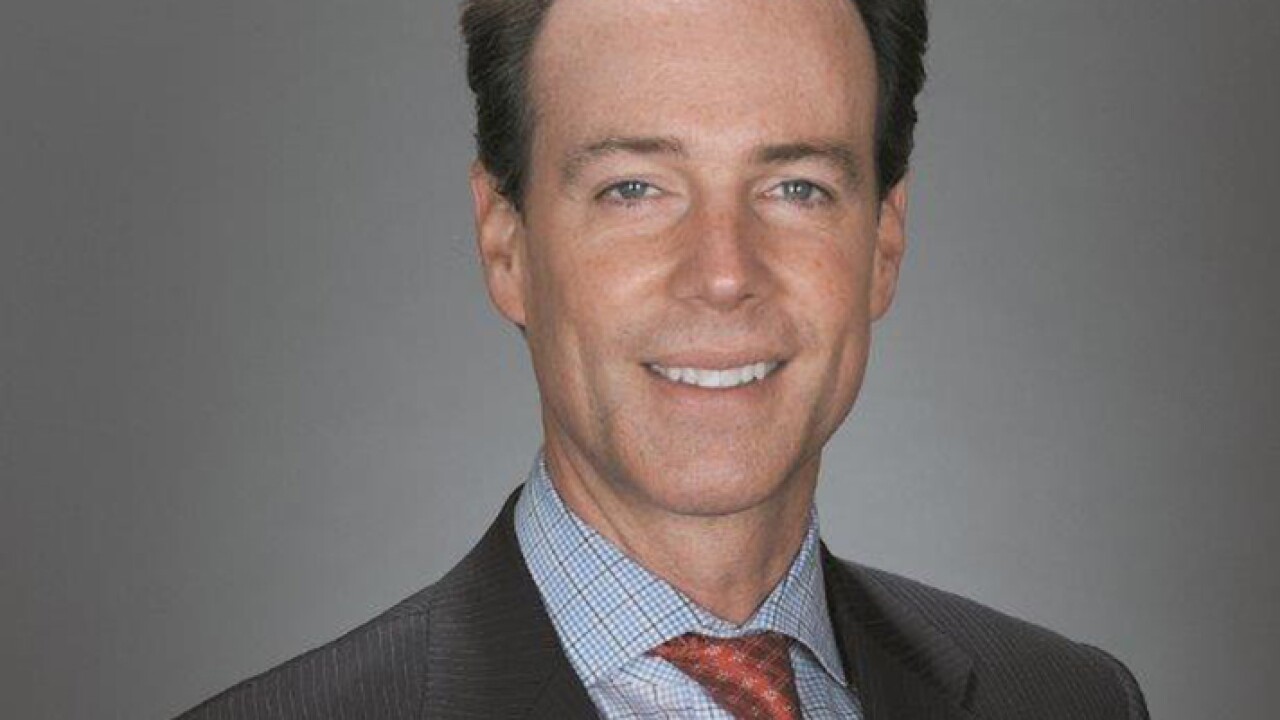
CHICAGO – A constitutional amendment protecting transportation revenue is headed to Illinois voters, but questions on redistricting and a graduated income tax rate fell by the wayside in a week that also saw lawmakers advance more higher education funding.
Amid the flurry of activity, little headway was made on breaking the partisan logjam that has left the state without a budget for 11 months. Meanwhile, Democrats were provided fodder for their attack on Gov. Bruce Rauner's proposed fiscal 2017 spending plan in a stinging assessment handed down by a civic research group.
The Chicago Civic Federation's Institute for Illinois' Fiscal Sustainability warned that Rauner's proposed budget could leave the state with a deeper budget hole of at least $5 billion and a bill backlog of up to $12.8 billion by the close of fiscal 2017. The plan relies on one-time revenues like draining the state's lean rainy day account and projected savings that may be difficult to achieve.
"This budget as proposed would not move Illinois forward and would lead to further deterioration of the State's finances. It would generate billions in additional unpaid bills and continue to count on future years' revenues to pay for current, unmanaged obligations," said federation president Laurence Msall. "The Civic Federation cannot support a plan that does not provide the state of Illinois with a detailed and sustainable path to reduce and alleviate its ongoing financial crisis."
On Thursday, the state Senate in a rare bipartisan vote approved $450 million in funding for the state's public higher education system and grants for lower-income students. Lawmakers previously approved $600 million and it was signed late last month by Gov. Bruce Rauner but it provided only about 30% of what the state owes colleges and universities and was decried as too little too late.
"We have since found more dollars which we can appropriate to our universities to make them more competitive, to make them more viable and to give them a bridge going forth into the 2017 budget," said Sen. Donne Trotter, D-Chicago, who sponsored the package.
The vote came after one in which lawmakers approved forgiving $450 million that the state borrowed from non-general fund accounts to help cover a fiscal 2015 deficit. That's how the higher education bill would be funded. The House reconvenes Tuesday and may take the bill up then.
Rauner's administration did not offer a ringing endorsement of the bill.
"While the governor is open to discussing emergency bridge funding for higher education, human services and public safety, he remains focused on enacting a comprehensive balanced budget for Fiscal Years 2016-2017 alongside meaningful reforms to grow our economy," said spokeswoman Catherine Kelly. Higher education and social services have gone 11 months without payment as a budget appropriation is needed to release those payments.
Lawmakers faced a Friday deadline to pass proposed constitutional amendments to appear on the Nov. 8 ballot. The only one that cleared the General Assembly will ask voters whether to establish a lock box protecting state road funds from being siphoned off for other purposes. Backers said the amendment is needed to protect transportation infrastructure funding which is already pressured by a lack of a new capital spending plan and stagnant revenues.
The Illinois Chamber of Commerce, which said $6.4 billion has been diverted from the fund since 2003, praised the move and said it would work for its ballot passage. "This will lead to a better transportation network, more jobs and a growing economy," the chamber said in a statement.
Amendments that would have asked voters whether the state should shift to a graduated income tax from its current flat rate and overhaul how the state maps its districts failed to clear the General Assembly.
An overhaul sponsored by Sen. Andy Manar, D-Bunker Hill, of how the state calculates school aid, which would benefit the financially distressed Chicago Public Schools, stalled over concerns as to how it would impact districts throughout the state, according to Senate leadership.
Also this week, a coalition of dozens of social service groups filed a lawsuit against Rauner seeking payment on $100 million they say is owed to them for services provided.
The federation has highlighted Illinois' status as the lowest rated state and the strain that further credit deterioration could pose on its $600 million of floating-rate general obligation bonds and associated swap portfolio.
The state's debt portfolio includes five interest-rate swaps. Termination events occur if any of its GO ratings fall below the BBB or equivalent rating. The state carries a rating of Baa1 and BBB-plus from Moody's Investors Service and Fitch Ratings and an A-minus from Standard & Poor's. Moody's and S&P assign negative outlooks. The swaps were recently valued at a negative $138 million.
The state's current letters of credit cost 2.6% interest annually or $15.6 million. The state must renew the support this fall.
"The state also pays a synthetically fixed interested rate of 3.89% on the $600 million principal amount of variable rate debt to the counterparties to its swaps. Combined with the letters of credit this makes for an effective interest cost for the variable rate bonds of 6.46%," the federation said.





